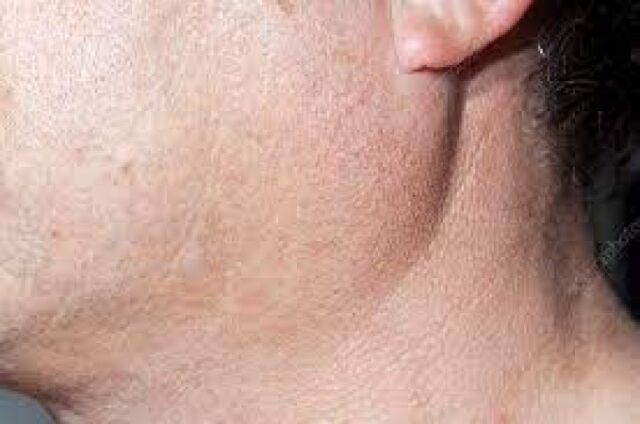Salivary Gland Cancer, while uncommon, can pose a serious health threat. Early detection is crucial for effective management. This comprehensive guide explores the signs and symptoms of salivary gland cancer, empowering you to recognize potential warnings and take preventative steps.
Understanding Salivary Glands:
Before diving into symptoms, let’s understand the salivary glands. These glands, located in your mouth and face, produce saliva, essential for digestion and maintaining oral health. There are three main pairs of salivary glands:
- Parotid glands (cheeks)
- Submandibular glands (under the jaw)
- Sublingual glands (under the tongue)
Recognizing the Signs: Symptoms of Salivary Gland Cancer
Early detection is critical for successful treatment. Be aware of these potential signs and see a doctor if you experience any:
- Persistent Swelling: Unexplained lumps or puffiness in your mouth, neck, or jawline.
- Facial Numbness/Weakness: Numbness or weakness on one side of the face, indicating possible nerve involvement.
- Difficulty Swallowing (Dysphagia): Noticeable trouble or pain when swallowing, especially if persistent.
- Chronic Pain: Unexplained, persistent pain in the mouth, throat, or ears.
- Changes in Speech: Sudden alterations in speech, like slurring or difficulty forming words.
- Prolonged Hoarseness: Persistent changes in voice quality, requiring further investigation.
- Limited Jaw Movement: Difficulty opening your mouth fully or decreased jaw mobility.
- Chronic Ear Pain: Ongoing ear pain, especially alongside other symptoms, may indicate a deeper problem.
- Unusual Drainage: Abnormal discharge or fluid drainage from the ears or nose needs medical evaluation.
Related Post: Unveiling the Power of Cucumbers for Weight Loss
Taking Precautions: Steps for Prevention and Early Detection
While there’s no guaranteed way to prevent salivary gland cancer, these steps can help:
- Regular Self-Exams: Become familiar with your salivary glands and perform self-checks to detect abnormalities early.
- Routine Dental Visits: Regular dental checkups promote oral health and allow dentists to identify potential issues.
- Avoid Tobacco and Alcohol: Minimize tobacco use and limit alcohol consumption to reduce risk factors.
- Protect Yourself from Radiation: If exposed to radiation at work, take appropriate precautions to minimize risks.
- Maintain a Healthy Lifestyle: Eat a balanced diet, exercise regularly, and stay hydrated to support your immune system.
- Prompt Medical Evaluation: Trust your instincts and seek medical attention for concerning symptoms.
- Advocate for Screening: Discuss screening options with your doctor, especially if you have a family history or other risk factors.
Conclusion:
Salivary gland cancer, though uncommon, deserves attention. By understanding the signs and symptoms and taking proactive measures, you can significantly increase your chances of early detection and successful treatment. Knowledge and vigilance are your best weapons in this fight.





